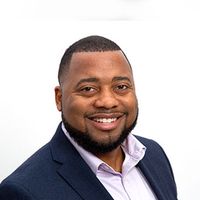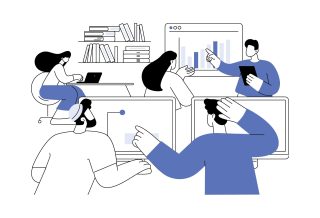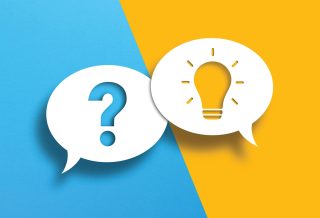FOCUS
In Chicago, listening is the first step toward equity
By Maurice Swinney
Categories: Leadership, Learning designs, Reaching all students, System leadershipDecember 2021
Read the remaining content with membership access. Join or log in below to continue.
Sed ut perspiciatis unde omnis iste natus error sit voluptatem accusantium doloremque laudantium, totam rem aperiam, eaque ipsa quae ab illo inventore veritatis et quasi architecto beatae vitae dicta sunt explicabo. Nemo enim ipsam voluptatem quia voluptas sit aspernatur aut odit aut fugit, sed quia consequuntur magni dolores eos qui ratione voluptatem sequi nesciunt. Neque porro quisquam est, qui dolorem ipsum quia dolor sit amet, consectetur, adipisci velit, sed quia non numquam eius modi tempora incidunt ut labore et dolore magnam aliquam quaerat voluptatem.
The equity curve in Chicago Public Schools
C = curious. Withhold judgment and be in a space of inquiry. Be curious to gain a better understanding of an issue.
U = urgency. Work with a sense of urgency when championing the success of our students. We have to respond in a timely manner.
R = resiliency. Acknowledge that this work can be difficult and requires resiliency.
V = vulnerable. Recognize that each of us may not know a solution, but we can be vulnerable to collectively learn and problem-solve together.
E = empathy. Build connection. Show empathy across differences, with someone you think may not share your experiences.
Targeted universalism in Chicago Public Schools
To build equity, we must avoid a one-size-fits-all approach. Targeted universalism helps us establish common goals for all students with different pathways to help students with different needs reach those common goals.
For example, a high school that sets a universal goal of 95% graduation for all students examines how student groups (based on race, gender, gender expression, economic disadvantage, or diverse learning needs) are positioned to reach that goal. Here are sample questions that can help us better understand what all students need to reach that goal. We consider intersectionalities, such as race and gender, in addressing these questions:
What are the current graduation rates for each student group?
What are the factors internal and external to the school that affect the experiences of different groups?
What are the neighborhood assets and challenges where students live, and how might those affect their experiences inside or outside of school?
What are the different conditions and resources necessary for each student group to thrive?
What policies benefit or burden each student group?
Source: Chicago Public Schools. (n.d.) Chicago Public Schools Equity Framework. bit.ly/3CnzV42
References
powell, j., Menendian, S., & Ake, W. (2019). Targeted universalism: Policy & practice. Haas Institute for a Fair and Inclusive Society. University of California, Berkeley. belonging.berkeley.edu/targeted-universalism

Maurice Swinney is chief equity officer in Chicago Public Schools and a member of The Learning Professional advisory board.
Categories: Leadership, Learning designs, Reaching all students, System leadership
Recent Issues
NAVIGATING NEW ROLES
April 2025
Whether you’re new to your role or supporting others who are new,...
LEARNING DESIGNS
February 2025
How we learn influences what we learn. This issue shares essential...
BUILDING BRIDGES
December 2024
Students benefit when educators bridge the continuum of professional...
CURRICULUM-BASED PROFESSIONAL LEARNING
October 2024
High-quality curriculum requires skilled educators to put it into...











